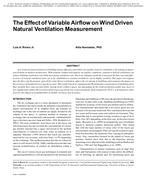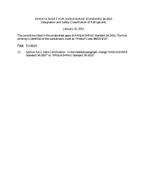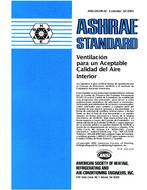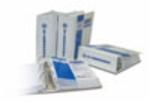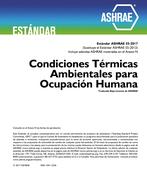Description
As a result of renewed interest in building energy efficiency and indoor air quality, natural ventilation is becoming an important element in modern architecture. With suitable climate and outdoor air quality conditions, natural or hybrid ventilation can reduce building ventilation cost while increasing ventilation rate. However, adequate methods to measure the flow rate and effectiveness of natural ventilation have yet to be established as natural ventilation can be highly variable. This paper investigates how the flow rate fluctuation, typical for wind-driven ventilation, affects the air mixing in buildings and examines the impact on the accuracy of standard tracer gas decay tests. The results based on computational fluid dynamics and numerical modeling show that variable flow rates provide better mixing of air within a space, but depending on the wind oscillation profile may more or less significantly reduce the accuracy of the tracer gas decay test. A new parameter, front-load-factor (FLF), is developed to characterize the impact of nonuniformity of airflow on decay test accuracy.
Citation: IAQ Conference: IAQ 2010: Airborne Infection Control
Product Details
- Published:
- 2011
- File Size:
- 1 file , 570 KB
- Product Code(s):
- D-IAQ2010-C174-10
